Adults
HELPING ADULTS
Achieve a Lifetime of Success
Because FASD has been so misunderstood for so long, many adults have struggled with its long-term effects without treatment. We believe that doesn’t need to be the case.
We offer a huge range of programs aimed at helping adults with FASD become the person they have the potential to be by empowering, educating and preventing. Our support workers aim to identify valuable services available within a client’s community and make the necessary referrals to the help they need, allowing our clients to become their own advocates. This process typically takes twelve months, with follow-up meetings as needed.
Adult Diagnostics
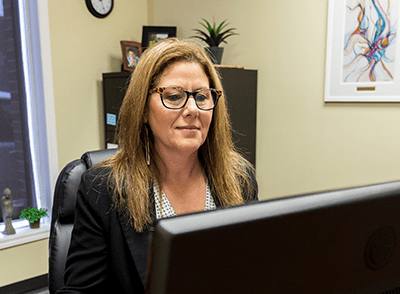
We’re here to help. From education and prevention right through to diagnostics at any stage of life. Our adult FASD team consists of a diagnostic coordinator, psychiatrist, addictions worker, career counsellor, neuropsychologist, PDD rep, adult support worker and legal representative. Assessment & Diagnostic Clinics for adults take place once a month. View the calendar here
The Best Amount Is None
We don’t know how much drinking will hurt an unborn baby, but it’s safest to not have anything at all to drink if you are going to have a baby or if you are planning to have a baby.
Transition Services
Moving into adulthood—better known now as #adulting—can be especially taxing for people with FASD,so we're there to help with making the transition a little easier.
Transition Coordinators focus on helping young people build a plan for the future, working directly with them and parents, caregivers and teachers. The Transition Coordinator may continue to work with the Child & Family Coordinator in the event that ongoing support services are required for the youth and/or the parents/caregivers during the transition period.
The Transition Coordinator uses a number of established tools to help young people identify both strengths and areas of need, as well as outline the referrals that will be required when the youth comes of legal age. The client, family, support persons, school personnel, employer and service providers are encouraged to take an active role in helping the young person recognize possibilities and achieve goals.
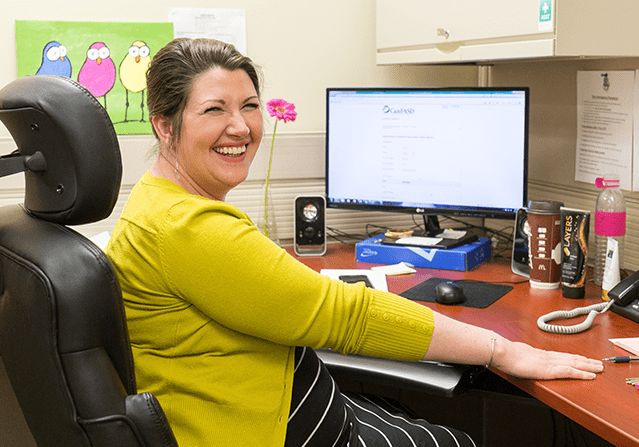
Employment Services
The Employment Program is designed for persons aged sixteen and older, who have been diagnosed with FASD, to enhance their quality of life, pursue appropriate employment goals, increase self-reliance and community participation.
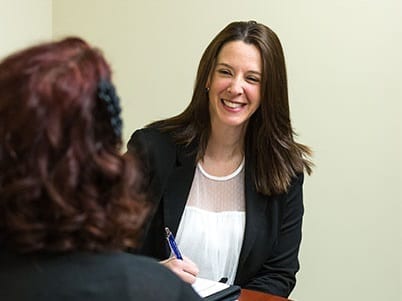
Our personalized support and group training is focused on building employment readiness skills along with life and social skills. This includes Resume building, Interview skills, Teamwork Building, Workplace behaviors, Goal setting, Self-care, and Professionalism. The Employment Group runs throughout the Lakeland region. The program runs from 11am-1pm with lunch and refreshments provided.
LCFASD offers a Mocktail Service to the Lakeland Region. We provide a Mocktail bar with great tasting non-alcoholic drinks available for those who wish to “Make Mine a Mocktail”. We encourage our clients to participate in the mocktail service to obtain direct experience in working with the public in a structured professional environment while simultaneously promoting education and awareness about the dangers of prenatal alcohol exposure
MOTHERS-TO-BE MENTORSHIP PROGRAM
The Mothers-to-be Mentorship Program is a free, non-judgemental, 100% voluntary, one-on-one support program that assists women to have and raise healthy babies. We know that the women who come to the program are dealing with various situations, so that women will never be asked to leave the program due to a setback or relapse.

Cold Lake First Nation

BONNYVILLE

ST. PAUL

LAC LA BICHE
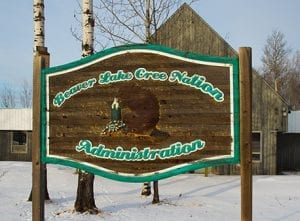
BEAVER LAKE CREE NATION

FISHING LAKE MÉTIS SETTLEMENT

ELIZABETH MÉTIS SETTLEMENT

KIKINO MÉTIS SETTLEMENT

BUFFALO LAKE MÉTIS SETTLEMENT

FROG LAKE FIRST NATION
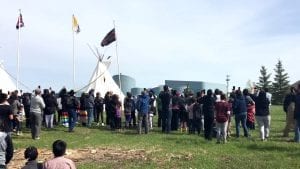
KEHEWIN FIRST NATION
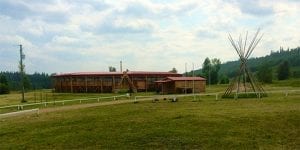
HEART LAKE
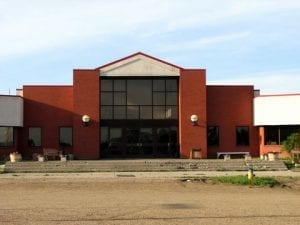
KEHEWIN FIRST NATION
The program is for women who are pregnant, are planning to become pregnant or who have recently given birth and are dealing with alcohol and/or drug use and want to make a real, positive change for their future.
Mentors have the flexibility to do whatever it takes to help the people in their care. This can involve finding alcohol and drug treatment, connecting mothers to community resources and stabilizing their lives by connecting to community resources that can provide clothing, shelter and healthcare.